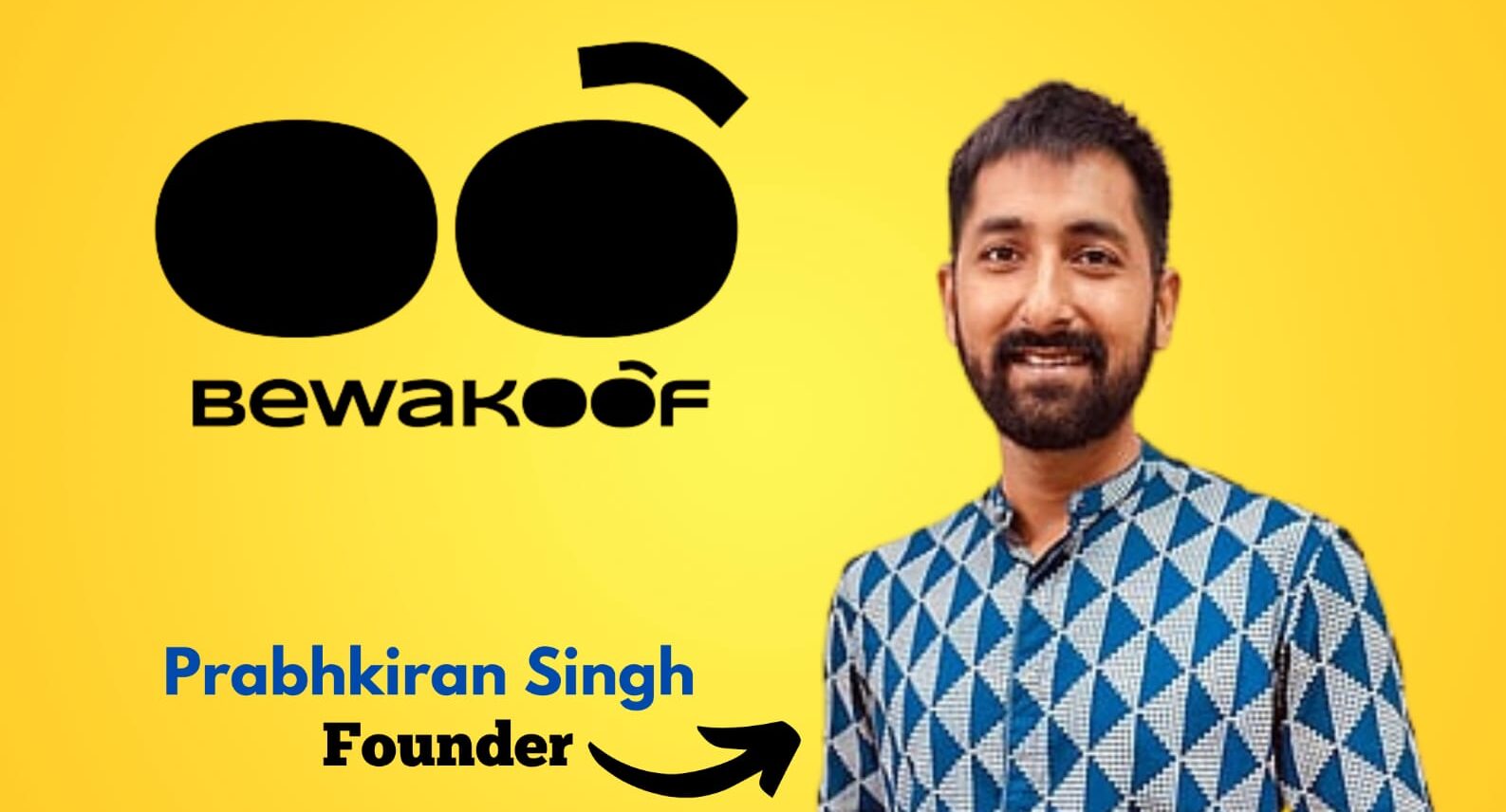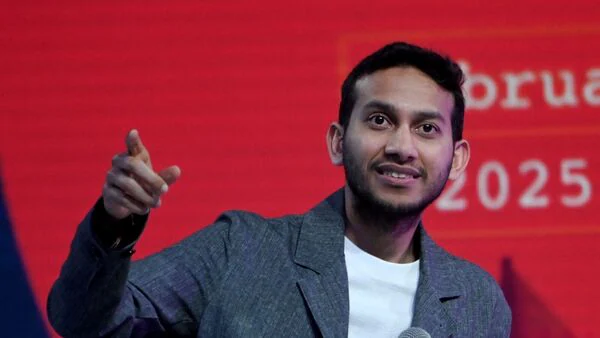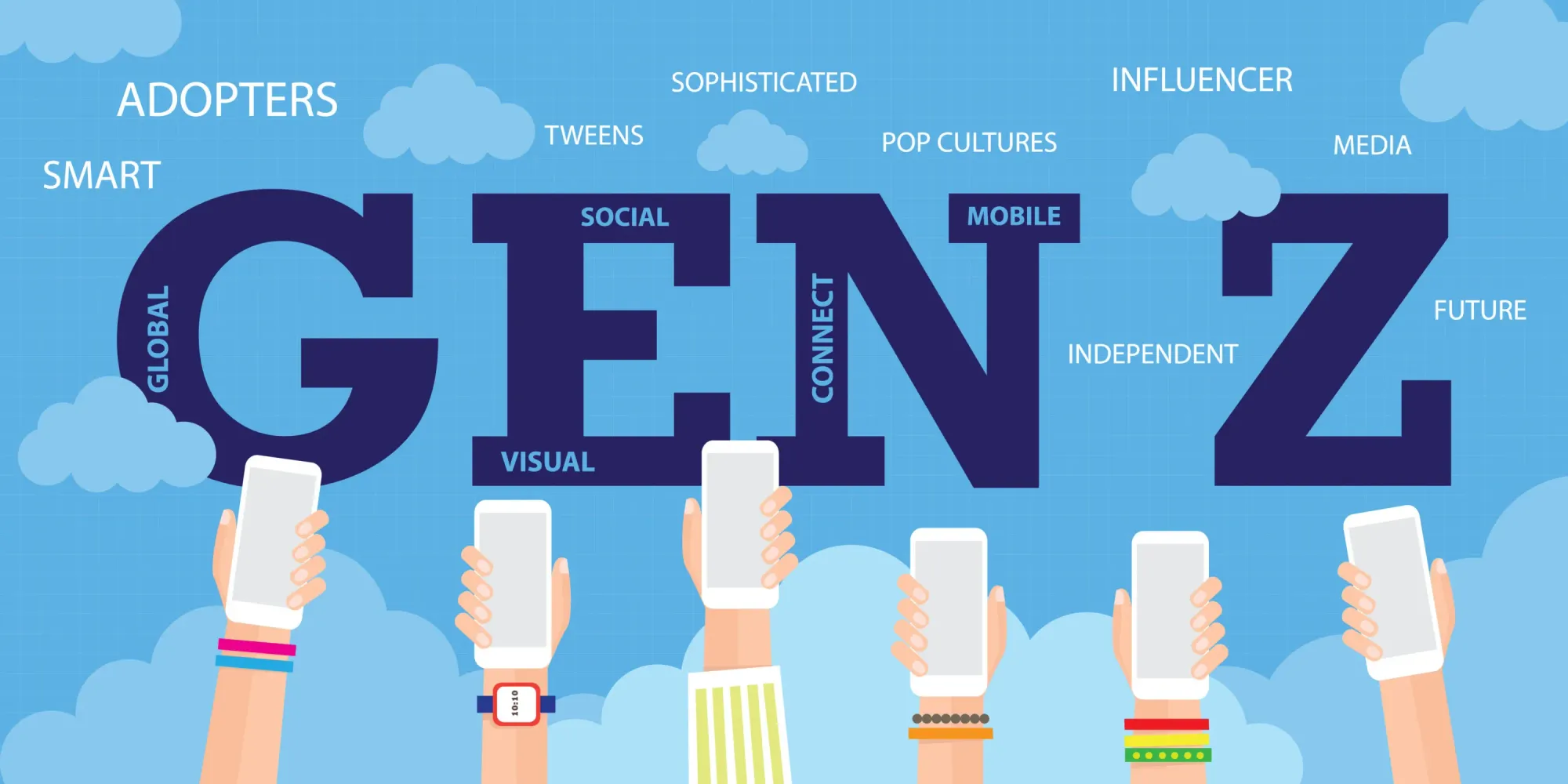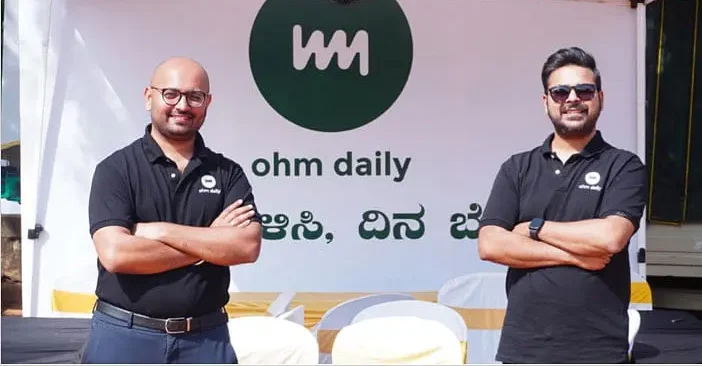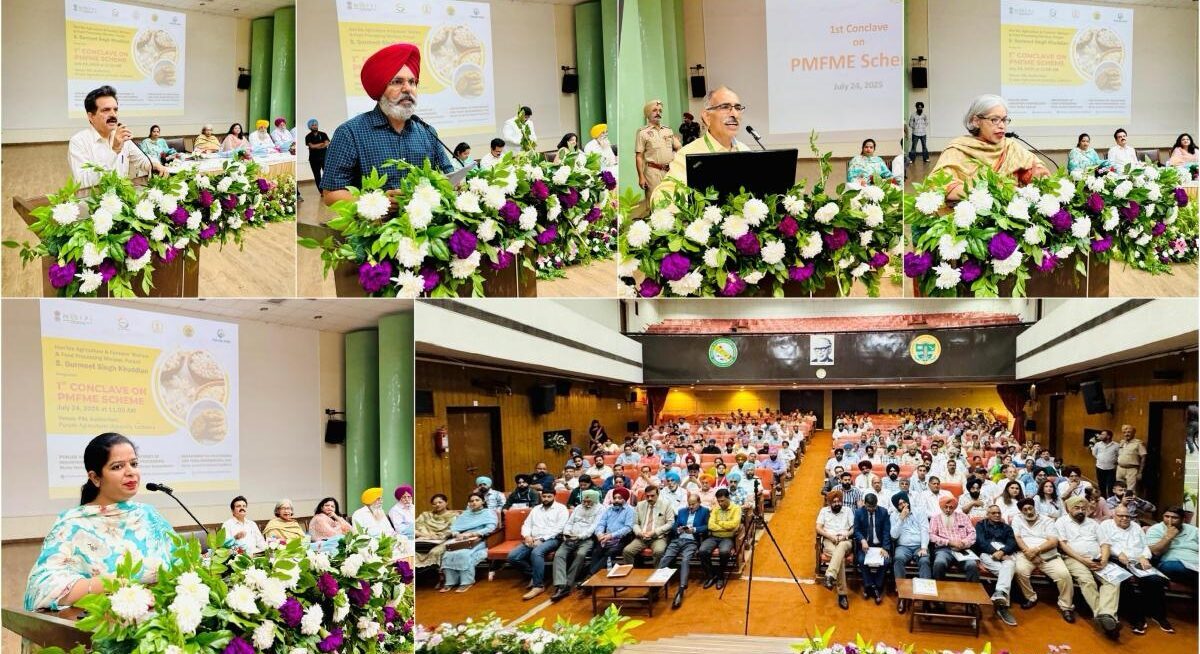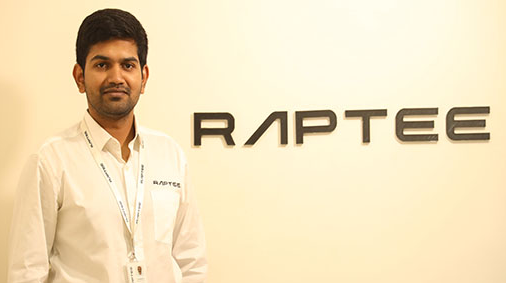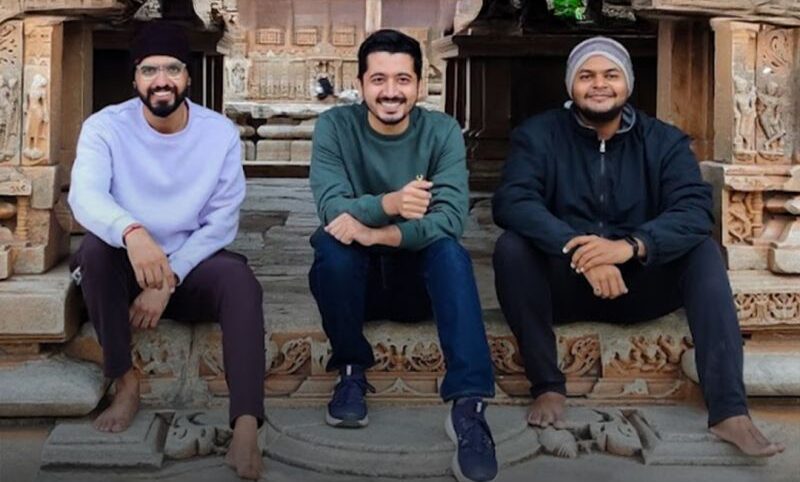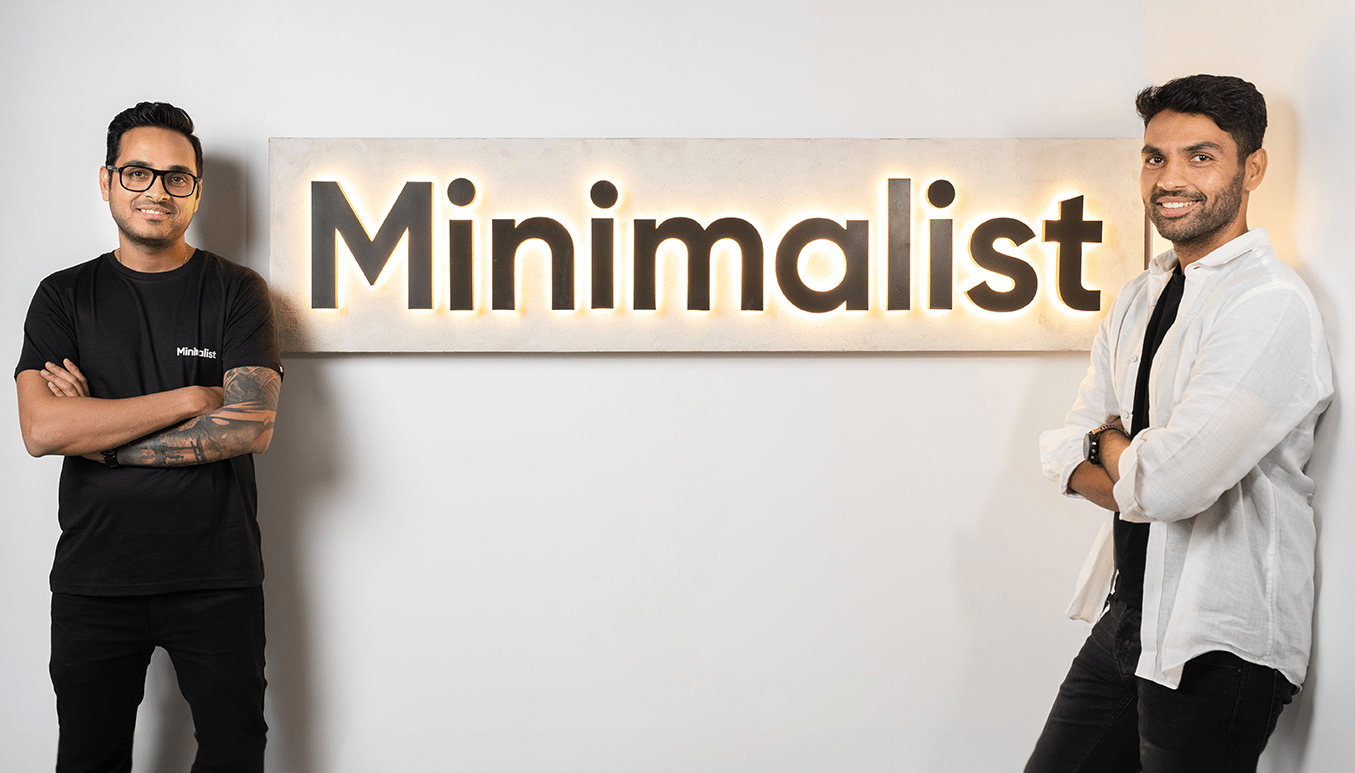In a world obsessed with valuations, unicorn status, and razor-thin margins, Prabhkiran Singh, the founder of India’s youth-favorite fashion brand Bewakoof- just dropped a truth bomb that’s got the startup world pausing mid-pitch.
In a recent viral LinkedIn post, Singh revealed the philosophy that could save a thousand broken partnerships and unlock the next era of emotionally intelligent entrepreneurship. It’s called “Rough Justice”, a term borrowed from NVIDIA’s visionary CEO Jensen Huang, and it just might be the most important lesson founders, investors, and team leaders haven’t learned early enough.
“Sometimes you win 60-40. Sometimes you lose 40-60. Over time, it balances out.”
– Jensen Huang (as quoted by Prabhkiran Singh)
For Singh, “Rough Justice” isn’t just poetic it’s practical. It’s how you survive startup winters, scale through ambiguity, and still have people willing to stand by you 10 years later.
The Business of Emotional Equity
While MBA programs teach strategy and spreadsheets, Singh’s philosophy leans into something more timeless: emotional equity. Instead of counting every win or every penny, Singh suggests that great businesses are built on trust, not tally marks. And that philosophy rooted in generosity, long-term, and intuitive fairness helped Bewakoof evolve from a meme-based college brand into a youth-driven D2C powerhouse.
Insiders say that Bewakoof’s retention both of customers and employees is unusually high for a Gen-Z fashion brand. Now, we may know why.
Fairness ≠ Equality – A New Paradigm for Founders
Too often, founders and investors fight over decimals and “cap table fairness.” But Singh warns that obsession with short-term fairness can actually ruin long-term outcomes.
“The best partnerships aren’t about keeping score,” he writes.
In this, Singh echoes a rising class of Indian entrepreneurs who are embracing relationship-first capitalism—a subtle but growing movement that values shared outcomes over sharp elbows. Think Nithin Kamath’s slow growth model at Zerodha or Falguni Nayar’s long-term loyalty-driven team at Nykaa. Now, Singh’s voice joins this chorus—with a sharp, Gen-Z-friendly articulation.
The ROI of Being the Bigger Person
What Singh is pointing to is a new kind of ROI: Return on Integrity. Being willing to take the 40% side of a deal occasionally without holding grudges- signs strength, not weakness. Over time, it builds loyalty, unlocks trust-based negotiations, and forges partnerships that last beyond contracts.
It’s the kind of thinking that could rescue India’s startup ecosystem from the burnout, founder exits, and term-sheet toxicity that have plagued too many promising ventures.
From Bewakoof to Business Guru?
As Singh’s philosophy gains traction, don’t be surprised if the Bewakoof founder becomes an unexpected voice of wisdom in India’s entrepreneurial circles. What started as an irreverent brand might become a case study in emotionally intelligent leadership.
In a climate of AI buzzwords and hypergrowth expectations, Rough Justice reminds us of something deeper: In business, as in life, playing the long game pays.









